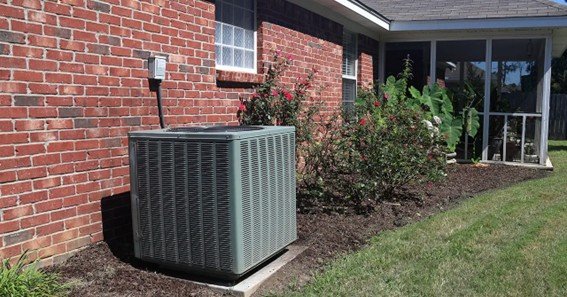Replacing an air conditioning (AC) unit is a significant investment for homeowners, and understanding the associated costs is crucial for effective budgeting. The cost to replace an AC unit in 2025 varies widely, influenced by factors such as system type, home size, and installation complexities.
Average Cost of AC Unit Replacement
On average, homeowners can expect to spend between $5,000 and $12,500 for a complete AC system replacement. This estimate includes both the unit itself and the labor required for installation. For instance, a central air conditioning system typically falls within this price range.
Factors Influencing Replacement Costs
Several key factors affect the overall cost of replacing an AC unit:
- Type of Unit: Different systems come with varying price tags. For example, a central air conditioner may cost between $3,500 and $7,500, while a ductless mini-split system can range from $2,000 to $12,000.
- Home Size: Larger homes require more powerful systems, which can increase costs. For instance, a 2,500 sq. ft. home might need a 4-ton system, leading to higher expenses compared to a smaller home requiring a 2-ton system.
- Energy Efficiency: Units with higher Seasonal Energy Efficiency Ratios (SEER) are more expensive upfront but can lead to long-term energy savings. Investing in a high-efficiency unit may be beneficial over time.
- Ductwork Condition: If existing ductwork is outdated or damaged, repairs or replacements can add $1,000 to $5,000 to the total cost.
- Installation Complexity: Factors such as the need for electrical upgrades, permits, or modifications to existing infrastructure can increase labor costs, typically ranging from $500 to $3,000.
Additional Considerations
- Timing: Scheduling your AC replacement during off-peak seasons, like fall or early spring, may result in lower labor costs due to decreased demand.
- Permits and Inspections: Ensure that your contractor includes the costs of necessary permits and inspections in their estimate to avoid unexpected expenses.
- Financing Options: Explore financing methods such as home equity loans or lines of credit, which may offer lower interest rates compared to contractor financing plans.
FAQs
- What is the lifespan of a typical AC unit?
Most air conditioners have a lifespan of 15 to 20 years. However, advancements in efficiency may encourage earlier replacements to benefit from energy savings. - Are there tax credits available for installing a new AC unit?
Yes, purchasing energy-efficient AC units may qualify you for various tax credits and rebates. Check with local utility companies and the Database of State Incentives for Renewables & Efficiency (DSIRE) for available programs. - How can I determine the right size AC unit for my home?
Consulting with a professional HVAC contractor is essential. They will perform a load calculation considering factors like home size, insulation, and climate to recommend the appropriate unit size. - Is it necessary to replace ductwork when installing a new AC unit?
Not always. If your existing ductwork is in good condition and compatible with the new system, it may not need replacement. However, damaged or inefficient ductwork can hinder system performance and may require updating. - Can I install a new AC unit myself to save on labor costs?
Due to the complexity and safety considerations involved in AC installation, it’s highly recommended to hire licensed professionals. Proper installation ensures system efficiency, longevity, and compliance with local building codes.










